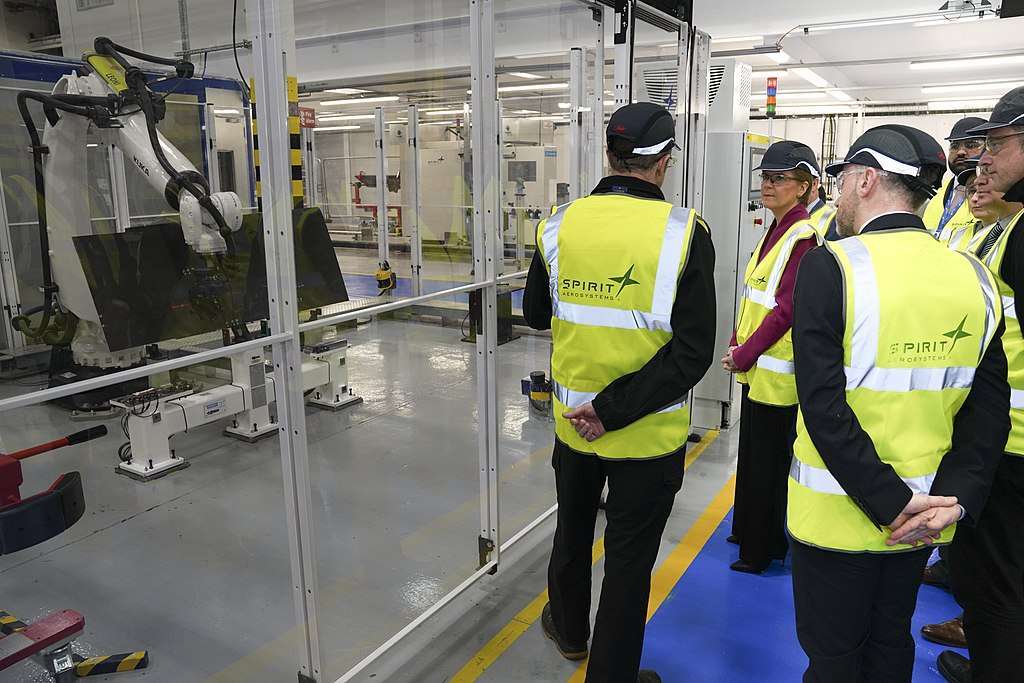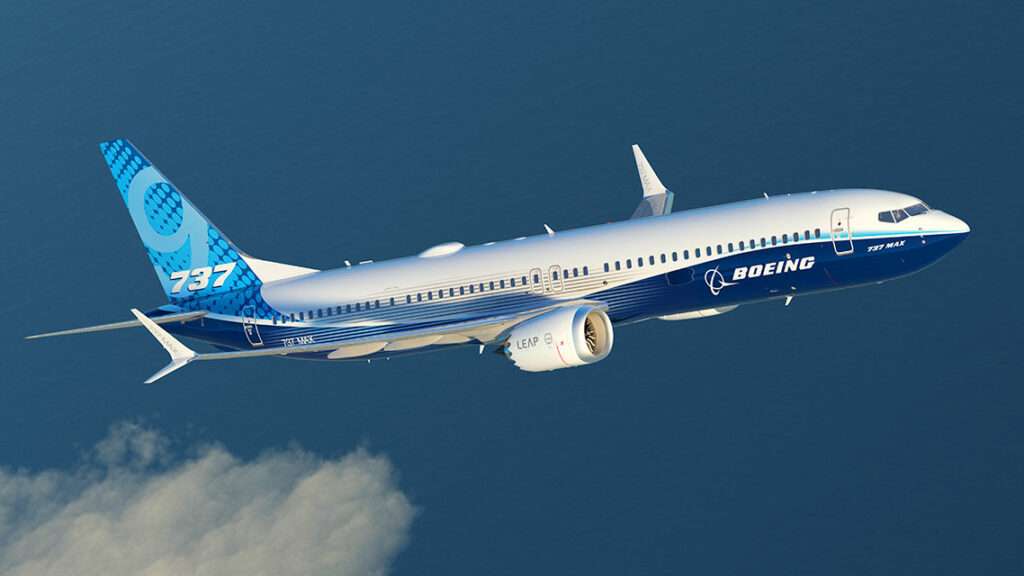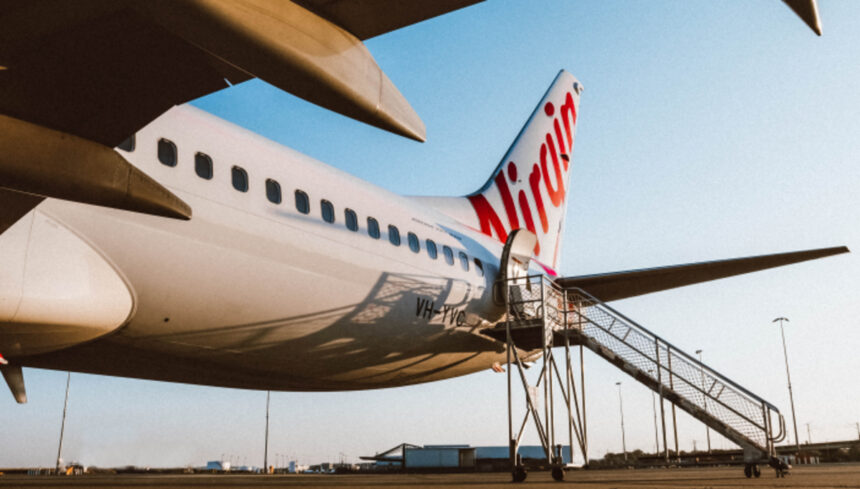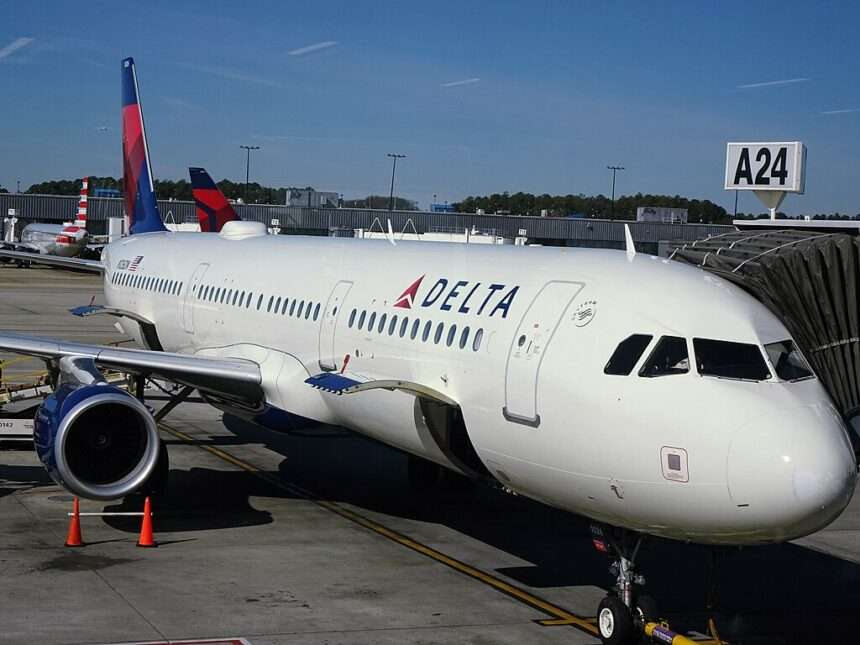On March 1, 2024, news of preliminary talks between Boeing and Spirit AeroSystems regarding a possible acquisition sparked discussions about the implications for Boeing’s ongoing quality control challenges.
While the finalization of the deal remains uncertain, exploring potential impacts is crucial for understanding its potential ramifications for the aerospace industry.
Boeing Confirms Takeover Move
This week, Boeing issued a confirming statement, saying: “We have been working closely with Spirit AeroSystems and its leadership to strengthen the quality of the commercial airplanes that we build together.”
“We confirm that our collaboration has resulted in preliminary discussions about making Spirit AeroSystems a part of Boeing again.”
The manufacturer sees this as a positive move, in light of recent quality control issues, concluding:
“We believe that the reintegration of Boeing and Spirit AeroSystems’ manufacturing operations would further strengthen aviation safety, improve quality and serve the interests of our customers, employees, and shareholders.”

Boeing’s recent history, particularly the 737 MAX crisis with its design flaws and questionable safety certifications, has exposed shortcomings in its quality control practices.
This incident raised concerns about the company’s commitment to prioritizing safety above other considerations.
In this context, a Spirit acquisition presents a complex scenario for Boeing’s path forward. While potential benefits certainly exist, significant challenges must also be addressed.

Potential Benefits
In overview, the reacquisition presents some potential positives:
- Enhanced oversight: By directly managing Spirit’s operations, Boeing could implement stricter quality control measures throughout the entire manufacturing process. This centralized approach could improve communication and streamline problem identification.
- Supply chain optimization: Integrating Spirit within Boeing’s structure could simplify the supply chain. This would allow for quicker identification and rectification of quality issues related to specific components.
- Combined expertise: Merging resources and expertise from both companies could lead to a more robust quality control system. Leveraging their combined strengths could foster innovation in safety measures and establish a shared culture of responsibility.


Possible Challenges
However, challenges also need consideration:
- Integration complexity: Merging two large companies with potentially different cultures and processes can be challenging and time-consuming. This initial disruption could hinder existing production and delay efforts to address quality control concerns.
- Resource diversion: If the takeover diverts significant resources and management focus towards integration, it might temporarily slow down ongoing efforts to improve existing quality control practices. This could send a conflicting message about priorities.
- Cultural clash: Merging company cultures can be difficult, and existing quality control concerns at Spirit could worsen if their safety culture clashes with Boeing’s current efforts. This could lead to confusion, resistance, and potential lapses in safety protocols.

The success of this potential takeover will hinge on several key factors. Both companies need a transparent and genuine goal of enhancing quality control throughout the entire manufacturing process.
It is probably fair to suggest that recently quality issues and the fallout arising from it is a firm motivator in this regard.
A well-defined and meticulously executed integration plan that minimizes disruption and fosters collaboration is going to be essential.
Ultimately, both companies must prioritize a culture that prioritizes safety above all else, empowering employees to raise concerns and fostering open communication.
The Way Ahead
Looking ahead, several questions still remain unanswered:
- Will the potential takeover lead to genuine improvements in quality control practices, or will it exacerbate existing issues?
- How will the integration process be managed to minimize disruption and facilitate knowledge sharing?
- Will both companies prioritize a culture of safety above short-term financial gains?
The answers to these questions will ultimately determine whether this potential merger represents a catalyst for Boeing’s recovery or another hurdle in its journey towards regaining public trust and ensuring the safety of its planes.
Only time will tell if this potential merger represents a step towards a safer future for Boeing or simply another chapter in its recent struggle to regain its reputation for quality and safety.

Click the banner to subscribe to our weekly newsleter.

Click the photo to join our WhatsApp channel so then you can stay up to date with everything going on in the aviation industry!









